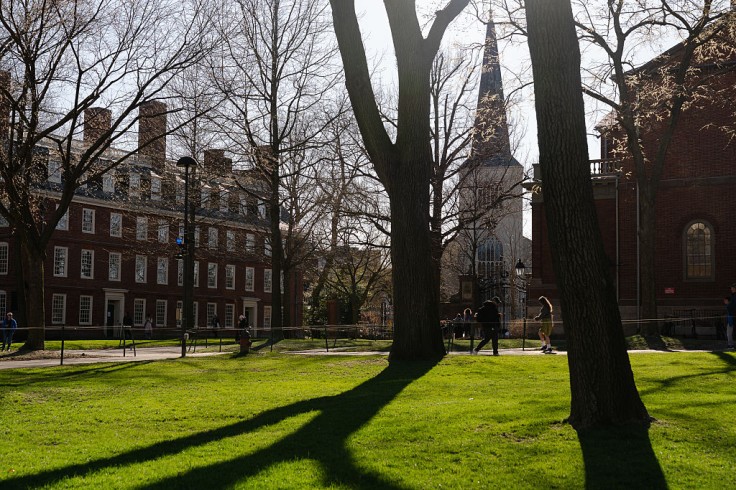
Harvard University filed a lawsuit Friday morning against the Trump administration, seeking an immediate temporary restraining order to halt the Department of Homeland Security's (DHS) move to revoke the school's certification to enroll international students. The legal action comes after DHS notified Harvard it was no longer certified under the Student and Exchange Visitor Program (SEVP), a status the university has held for more than 70 years, citing allegations of campus antisemitism and race-based discrimination.
More than 7,000 students study at Harvard on a visa. In a message to affiliates, Harvard President Alan M. Garber called the revocation "unlawful and unwarranted," stating, "It imperils the futures of thousands of students and scholars across Harvard and serves as a warning to countless others at colleges and universities throughout the country who have come to America to pursue their education and fulfill their dreams".
The 72-page suit accuses DHS of an "unprecedented and retaliatory" act, arguing that decertification would force current and prospective international students to transfer or lose their legal status in the U.S. Harvard's lawyers contend the action would "seriously and immediately disrupt the University's ongoing, day-to-day operations" and "impairs the educational experience of all Harvard students by diminishing the global character and overall strength of the institution".
Harvard's court filing describes the government's move as politically motivated retaliation, carried out "without process or cause," and claims it violates the First Amendment by infringing on academic freedom and retaliating against constitutionally protected speech. The university also argues the loss of SEVP status would put it at a "competitive disadvantage" in admissions for years to come.
The lawsuit names DHS, the Department of Justice, Immigration and Customs Enforcement, and the Department of State as defendants. Harvard is represented by attorneys including Robert K. Hur and William A. Burck, both of whom previously served in high-level roles under former President Donald Trump.
The DHS justified its action by alleging Harvard's response to an April 16 records request was "insufficient," specifically requesting detailed information on international students' disciplinary records, protest participation, and documentation of "dangerous or violent activity." Harvard maintains it complied with all requests, submitting documents on April 30 and May 14.
The suit notes that Trump publicly called for revoking Harvard's tax-exempt status in April, and that the DHS records request followed just one day later. The university argues the government's demands exceeded regulatory norms and that no evidence of violations was provided.
If a judge does not grant Harvard's request for a temporary restraining order by Sunday, DHS could proceed with terminating the visa status of thousands of international students. The university warns this would cause "immediate and irreparable harm" and disrupt academic operations as well as the lives of affected students and staff
© 2026 University Herald, All rights reserved. Do not reproduce without permission.








